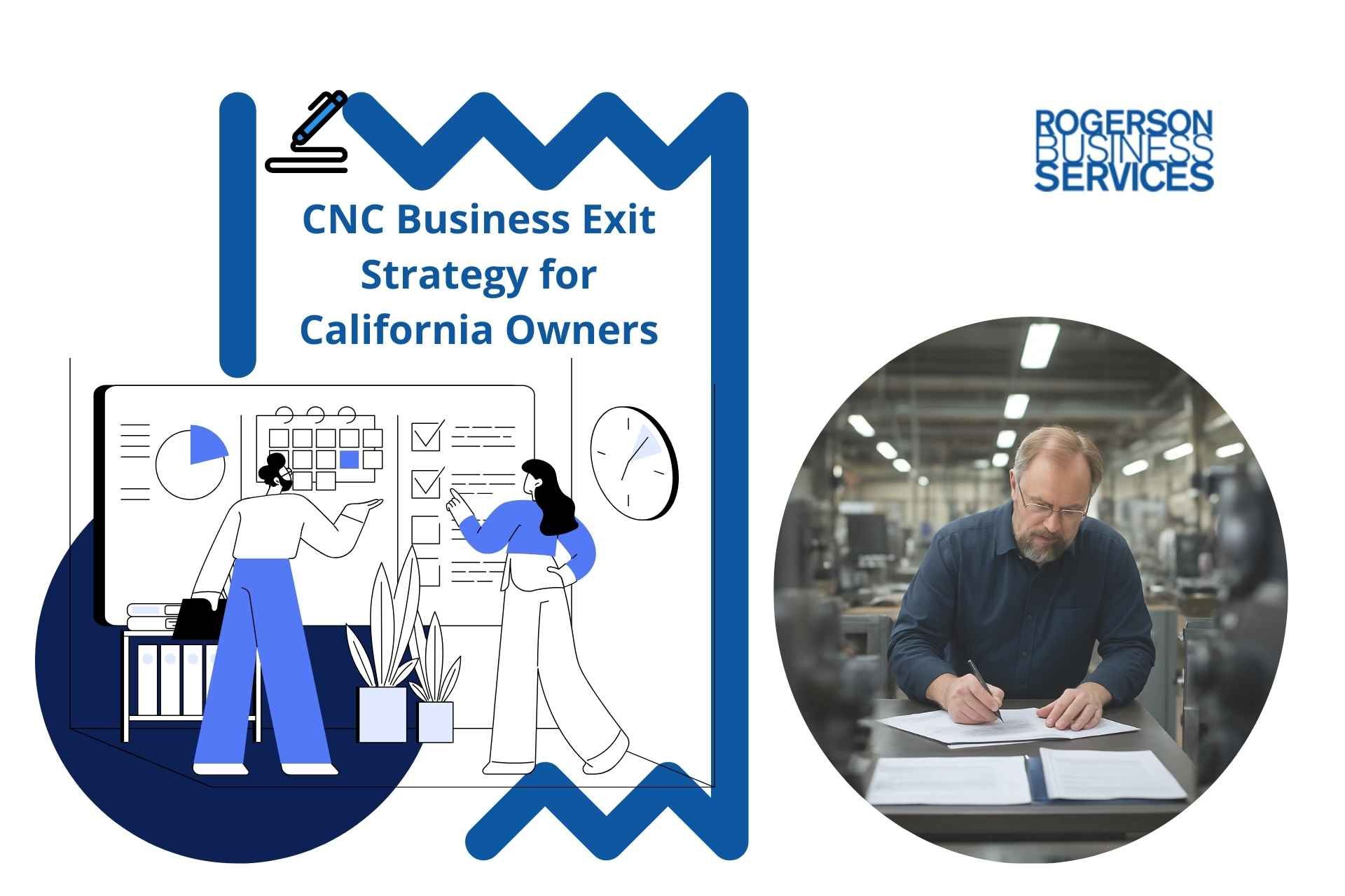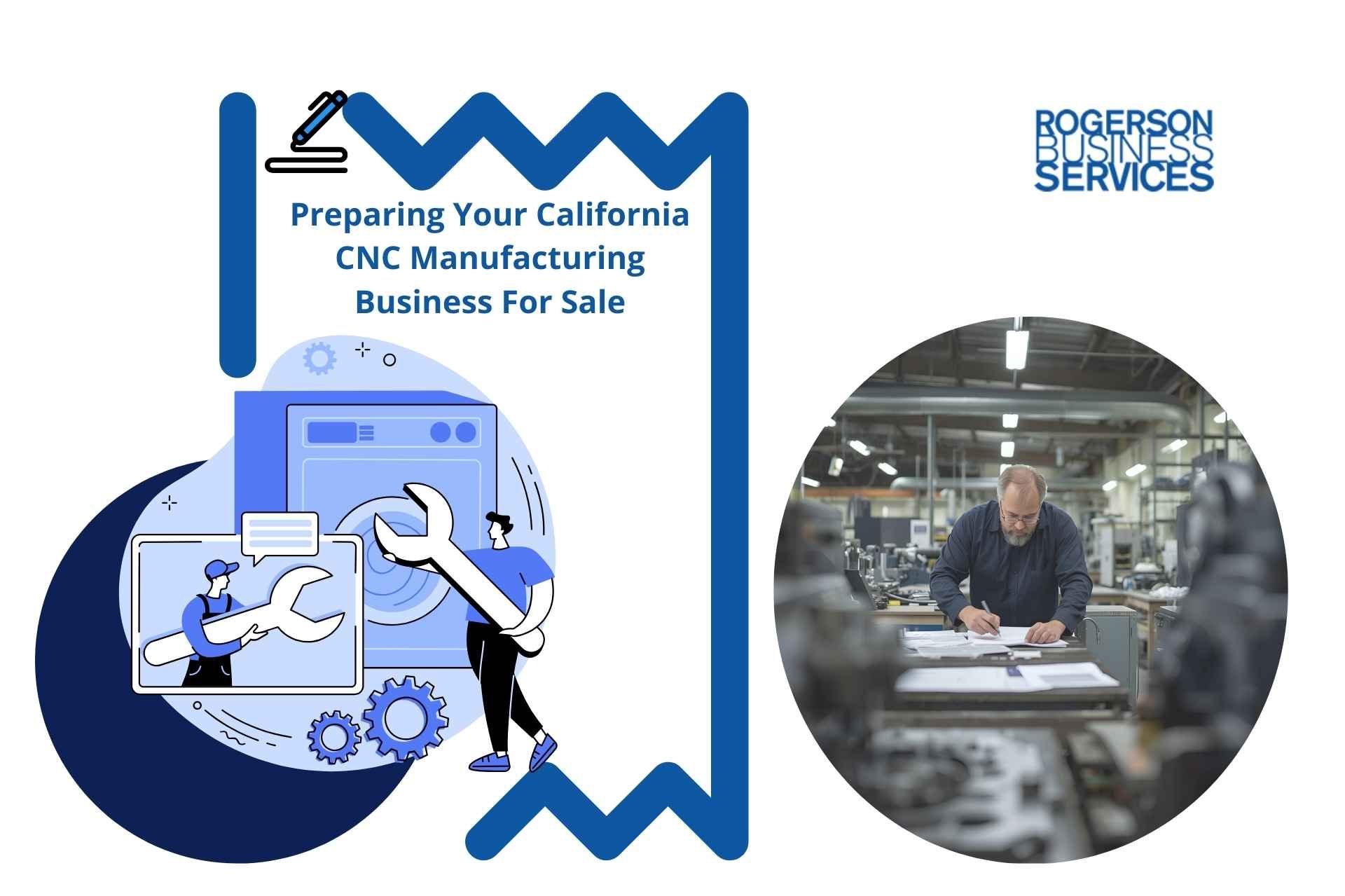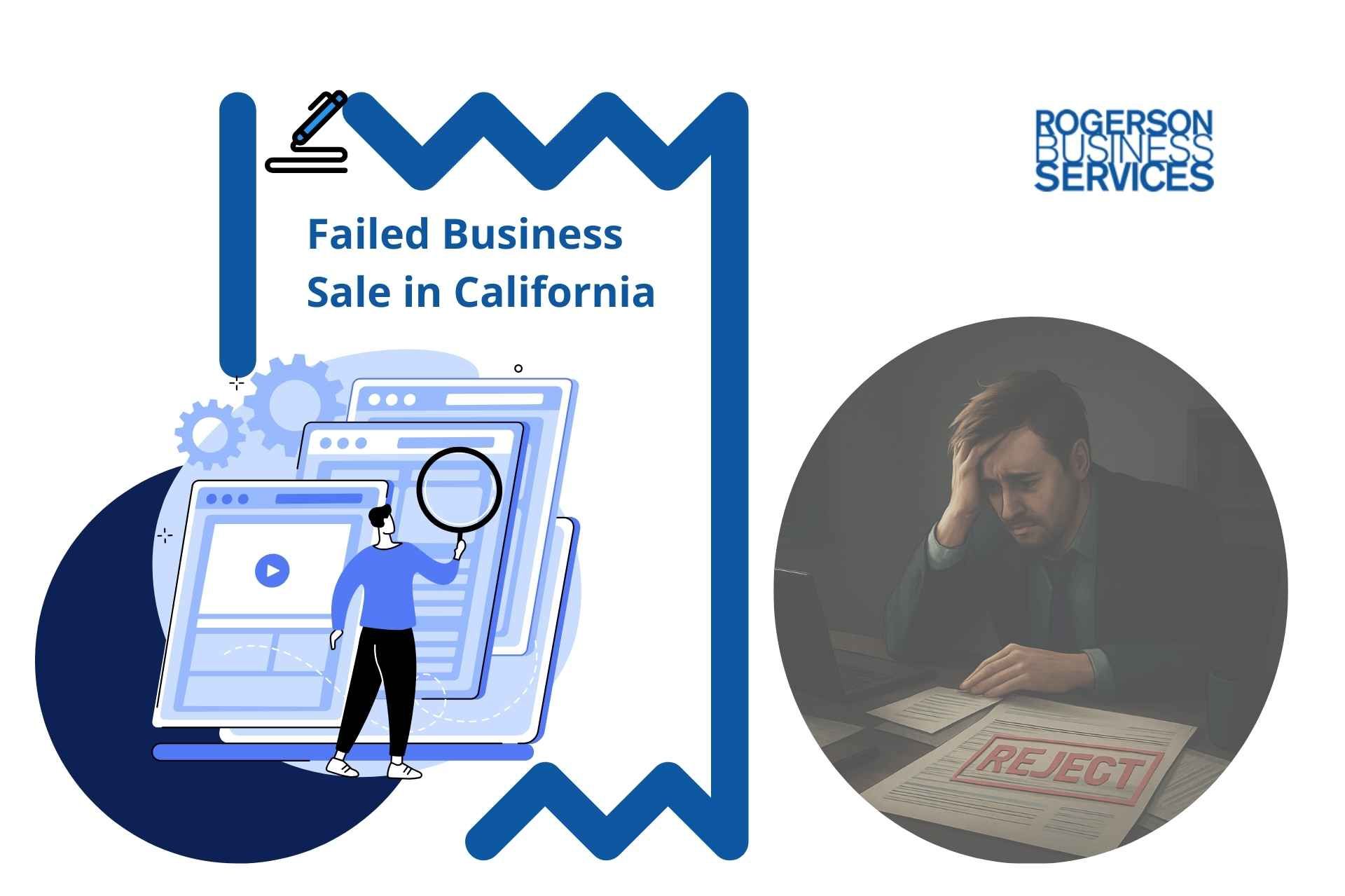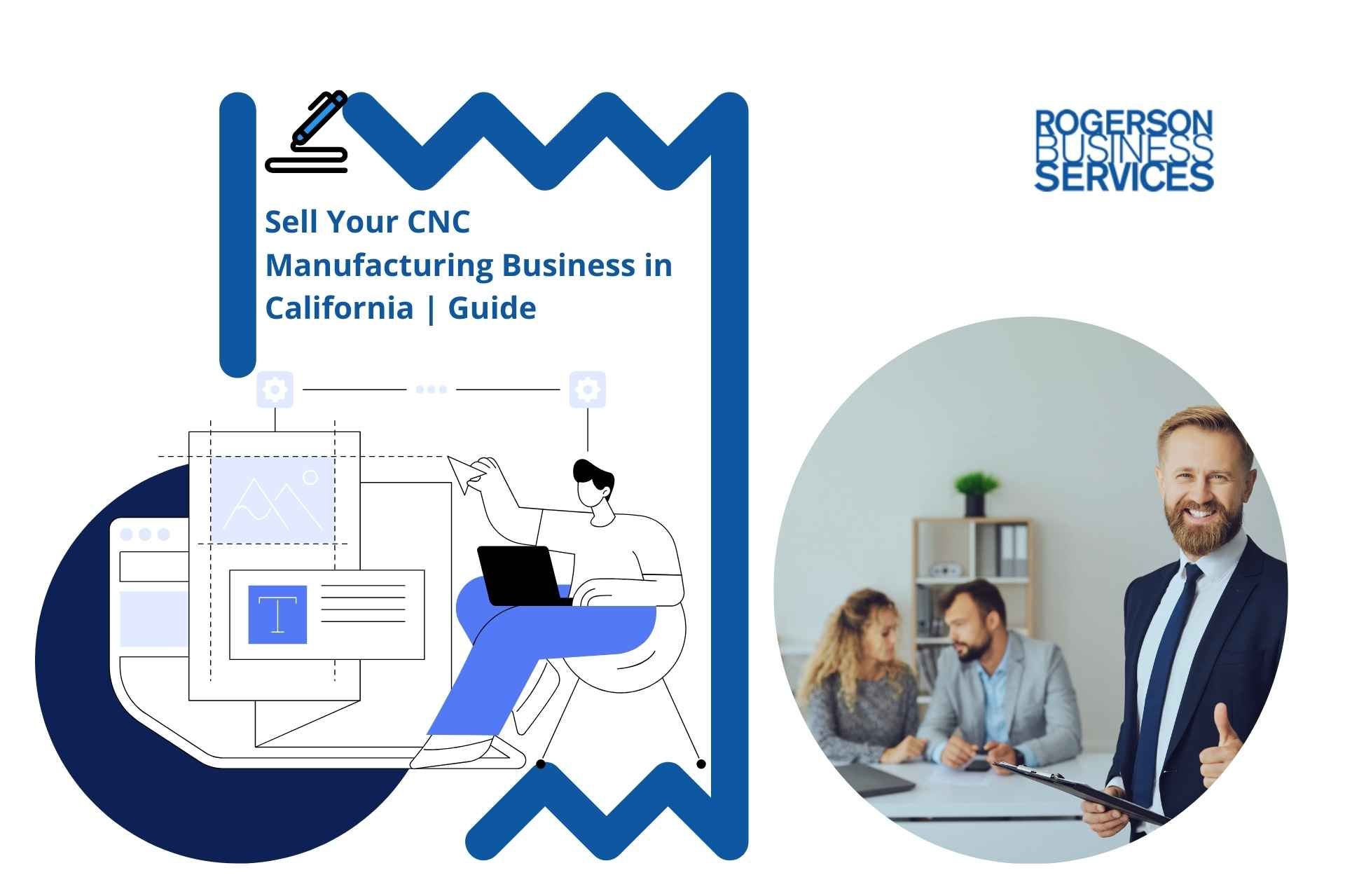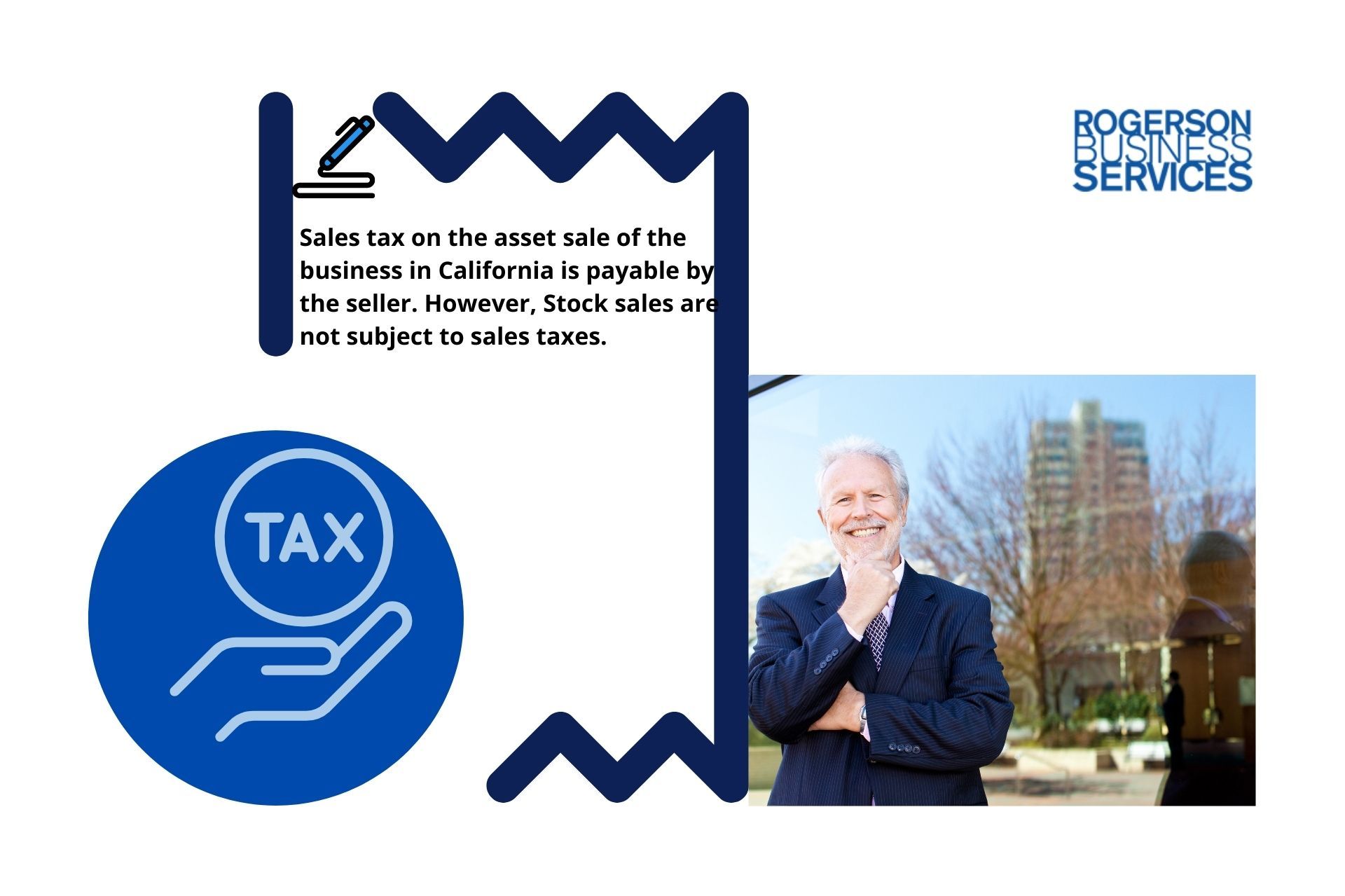Business Exit Strategy
Business exit strategies are the foundation of successfully selling your business
Whether you were an entrepreneur from the get-go or built your business later in life, you're likely here because the lure of retirement or the desire to change paths has you ready to exit your lower middle market or middle-market company. Among the many learning curves that come with business ownership, understanding the process of selling a company can be overwhelming.
If you've said to yourself, "I want to sell my business" and, after having mulled it over, decided that the time is good for you, you've come to the right place. We'll cover the importance of exit plans, getting financial paperwork in order, and understanding tax implications. All of this is critical to a successful exit strategy.
Exit strategies are the foundation of successfully selling your business. They'll help set up your business to maximize its value, identify the best fit potential buyers, and ensure you have your paperwork in order when a prospective buyer goes through the due diligence process.
Some company owners try to put together their own exit strategy. However, those who don't have previous experience selling a business usually find themselves in over their heads with paperwork, technicalities, and closing on a lower price than their business deserves.
Selling A Business Guide
Our Deal Team Will Help You Build and Maximize Your Business Value
Unlock the secrets of getting your business ready to hit the market and prepare for taking it to new heights.
This guide will offer you not only the guidance to get organized and get your ducks in a row, but it will also provide you with all the wisdom and information you need to thrive.
Let this guide be your key to unlocking future success and financial security.
Next, browse the industry that most represent your business and discover more insights below...
Business Exit Planning Strategies
A qualified M&A advisor can help you develop a solid exit strategy when it comes time to sell your business. From lower to middle market, these experts know how to strategize a plan for any kind of business exit strategy by identifying documents needed to sell a business, an M&A financial due diligence checklist for selling a business, and more.
Likewise, M&A Advisors can walk you through the pros and cons of various exit strategies for your business for sale in California.
It’s worth noting that a business exit strategy involves any business owner liquidating their ownership either through an official sale or any other transfer. In these cases, this individual no longer has any financial or legal attachment to the business. These strategies can be applied to situations where an owner is leaving behind a business in loss or selling to cash out.
Preparing an exit strategy is not just a move that an owner looking to sell should make. It’s actually good business to have a variety of exit strategies ready, just in case.
Having an exit strategy planned out can help your business face market uncertainty with these exit strategy examples. In times of crisis or simply as a matter of good management, you may need to be ready to sell your business at a moment’s notice. Likewise, lifestyle changes or an unexpected life event can interrupt your business or minimize the amount of time you can commit to it. These strategies also give you a course of action should you receive an unexpected offer.
Below are some of the most common reasons one might initiate an exit strategy and the pros and cons of each.
Keeping the Business in the Family
In some cases, a business owner’s exit strategy might involve passing the business to a family member. Sometimes it’s important to a business owner to keep their life’s work within their own family. You may not be able to physically keep up with the business anymore, but there’s peace of mind knowing a sibling, son or daughter, or grandchild is taking it over.
Passing the business along to a successor of some type can look different across various situations. For instance, handing down the business for nothing might be okay for someone who has saved for retirement. In other cases, an owner might need to sell or maintain a stake in the business in order to continue to support themselves.
In the latter case, an owner might stay on board as an advisor, an investor, or a silent partner, while their successor takes the reins. If the property of the business is in your name, you could alternatively charge rent to maintain your stake.
In most cases, keeping a business within the family looks like selling, gifting, or partial selling.
Pros
- Ensures the continuation of a business and family legacy
- Removes the need to locate qualified buyers
- Some instances can ease tax burdens
- Often allows owners to stay a part of the business in some capacity
Cons
- The corporate world sometimes frowns upon family businesses
- Not every family member may have the same interests or business acumen
- Gifting or partially selling can minimize the potential for sales profits
Mergers and Acquisitions
Mergers and Acquisitions are widespread in the business world, but they often take up the most amount of time due to intense negotiations where virtually nothing is off the table. As its name suggests, this type of exit strategy addresses two different situations and can result in growth through mergers and acquisitions.
One situation is when a business owner sells its existing and operating company to another person or entity. In this case, the business merely experiences a transition of ownership. This is called an acquisition.
In a merger, a business owner liquidates part of their ownership in order to form a new company alongside another investor or business. During a merger, a business owner does not leave the business entirely but instead chooses to work with someone else to establish a partnership for a new business.
A merger and acquisition together happen when two companies come together. This can occur when an owner combines with a company of the same kind or sells their company to a larger company rather than merely a new investor.
Pros
- Larger businesses looking to acquire may be willing to pay more
- Offers opportunities for a seller to remain part of the business
- It also provides a clear and easy way to transfer ownership in a straightforward sale
Cons
- Acquisitions and mergers can highlight difficulties combining working cultures
- Targeting specific companies can ultimately lead to fewer offers from other buyers
- Mergers and acquisitions can be complex and therefore take a lot of time and negotiations.
Pursue an “Acquihire”
An acquihire, also written as “acqui-hire,” is a strategy where a business will buy out another company for the sole purpose of taking their employees. If a company is looking for more talent and sees another business with a strong team, it can be worth it, just to buy the personnel.
If you’re interested in the possibility of selling your business and know that you have a robust and qualified team, you might consider pursuing an acquihire. This strategy is especially popular within technology startups, as it can be challenging to find a lot of technically qualified employees quickly.
Acquihires also most often happen between large companies and small businesses. A large company looking for an established team of qualified workers will buy out the small business and absorb the team into their ongoing operations.
Pros
- Companies often purchase “per head,” meaning small businesses can make a lot of money with a decent-size team
- Small business owners can still make a profit on a failed business with a good team
- Employees can write off bonuses as capital gains, which have lower tax rates
Cons
- There are no set rules for acquihires, which can make negotiations difficult
- Rates per head vary greatly, setting no real standard price
- Raises many potential tax questions, such as parachute payments
Existing Manager Buyout
In an existing manager buyout, or a management buyout (MBO), a business owner sells their company to an individual or a team of managers. This same type of transaction is also sometimes referred to as a Leveraged Management Buyout.
Existing management buyouts are often successful for both parties of the transaction because the team has the experience and know-how it takes to run the company. After all, in their leadership capacities, they head up many of the operations already.
In addition, these teams looking to buy out the ownership also believe that they can grow and expand the company.
Pros
- Owners have a pre-existing relationship with buyers, meaning more trust
- Existing management already knows corporate operations, processes, etc. - easier transfer of power
- Owners can be confident in the decent direction of their business
Cons
- Difficult negotiations can strain existing relationships
- Buying/selling process can distract all parties from daily business operations
Selling to a Partner or Investor
While a partner and an investor will play different roles within an organization, the process of selling to either of these individuals is pretty similar. Either way, you are dealing with a complete transfer of ownership while you sell the business for your own benefit.
When you sell the business to a partner, you are likely dealing with someone who already plays a significant role in the business, whether that be ownership, management, or establishment. Remember also that 'partnership' could denote an active partner or a silent partner.
Selling to an investor means making a deal with someone entirely new. They may buy your business and come on board as an active manager, or they may hire someone to handle operations while they provide the funding.
Pros
- Selling eliminates all involvement in the business and lets you walk away with a profit
- Investors and partners willing to invest in your business often have respectable plans for the company
Cons
- Selling means giving up the right to any part of the business
- All of your employees and management will fall under new leadership
Initial Public Offering (IPO)
An initial public offering, or an IPO, is a popular exit strategy for a business owner with the right type of business. Basically, what it means is that an owner sells their business to the public, often securing larger profits than with other options.
In order for someone to issue an IPO, they must follow a strict set of rules to do so. While there are hundreds of thousands of businesses in the United States, there are only about 7,000 public companies.
With all of the complications that come with an Initial Public Offering, it’s not the best strategy for small, private businesses. But, if you can get there, you can make quite the profit on your sale.
Pros
- IPOs offer security in the listing, making the offer more valuable
- Capital market increases
- Sellers have the potential to make larger profits
Cons
- Features the most difficult, time-consuming, and costly details
- Poor choice for small businesses who do not want to follow public company regulations
Liquidating the Business
While you can certainly liquidate your business anytime you choose, this exit strategy most often occurs when an owner has hit a rough spot and is facing potential bankruptcy.
During liquidation, a business can sort of wrap things up by selling off all of its physical assets. In doing so, they can use the proceeds for a variety of things, such as paying off debt and paying out to any other investors or partners to whom they owe money or shares.
In many cases, liquidation is a last resort exit strategy and is not super favorable in terms of profit for the business owner.
Pros
- Very simple and easy to perform
- Requires less time, negotiations, and effort
- There is no transfer of ownership or business continuity to worry about
Cons
- Assets depreciate over time, meaning an owner will likely get less for what they purchased them for
- Liquidation often happens under poor business circumstances
- Much liquidated businesses take on a negative reputation
Filing for Bankruptcy
The only exit strategy worse than liquidation is filing for bankruptcy. In the instance of bankruptcy, this option is truly the only thing a business has left to do. If you have to take this step, it means that your business no longer has any earning potential for the future. It also means that there is no possible way to repay any debts or liabilities.
In this “last stage” of the exit strategy, there are no business plans. It is likely that the owner of the business has tried anything and everything to rectify their situation but to no avail. Filing for bankruptcy can make future business incredibly difficult for the professionals involved.
Pros
- An owner filing for bankruptcy will be released from all liabilities
- Provides an “out” so a business owner can move on to other endeavors
Cons
- Filing for bankruptcy can be detrimental to future credit borrowing capacities
- Companies who file bankruptcy take a huge hit to their business reputation
- Debts are not paid.


